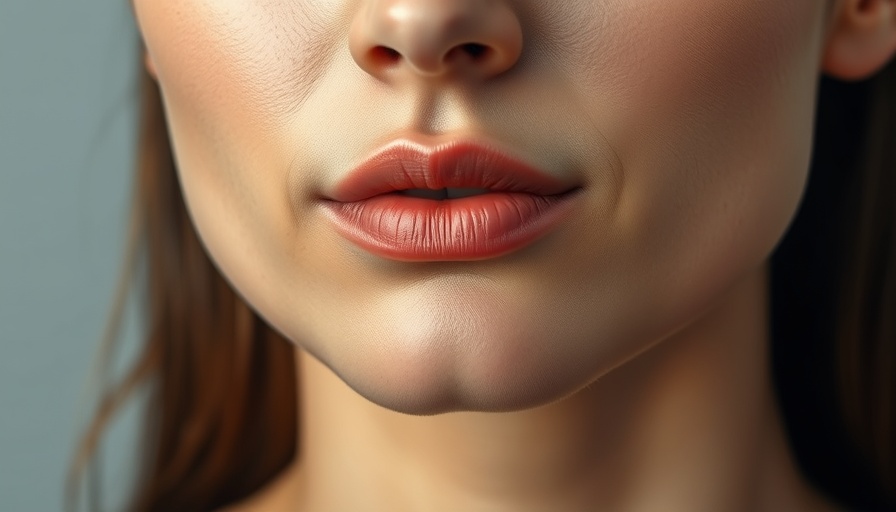
Could Your Anti-Frizz Products Be Harming Your Hair?
Recent research has brought to light a surprising potential link between anti-frizz products and hair loss, particularly concerning a specific type of hair loss prevalent among middle-aged women known as frontal fibrosing alopecia. This condition is characterized by a receding hairline and has been found to correlate with contact dermatitis responses, possibly triggered by certain chemicals found in leave-in conditioners and anti-frizz solutions.
Understanding Frontal Fibrosing Alopecia
Frontal fibrosing alopecia is an increasingly common condition that primarily affects women. According to Dr. Daniel Schlessinger, a dermatologist involved in the research, the visible symptoms include a sharp receding hairline along with red, itchy patches on the scalp. This suggests that the type of scalp irritation caused by specific hair products may be a factor in hair loss.
The Role of Scalp Health in Hair Growth
Maintaining a healthy scalp is essential for optimal hair growth. Dermatologist Michelle Henry emphasizes that an imbalanced scalp microbiome can disrupt hair health, making it vital to pay attention to what is applied to the scalp. Ignoring irritation, as noted by Dr. Marianna Blyumin-Karasik, can lead to further scalp issues, including folliculitis, which might exacerbate hair loss.
Are You At Risk?
Currently, there is no definitive link establishing that anti-frizz products cause hair loss, according to Dr. Schlessinger. However, if you notice irritation from these products, it might be wise to explore alternatives. Susceptibility to such chemicals varies from person to person; hence, individuals should be mindful of their products and their effects on scalp health.
Final Thoughts
As the beauty industry evolves, the safety of ingredients used in popular products must be scrutinized closely. Before reaching for that beloved anti-frizz product, consider how its ingredients might interact with your scalp. Your hair health may depend on it!
 Add Row
Add Row  Add Element
Add Element 



Write A Comment